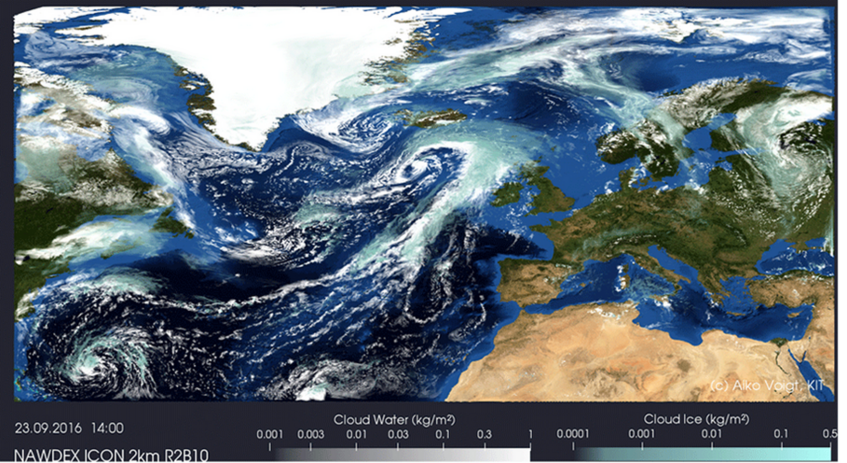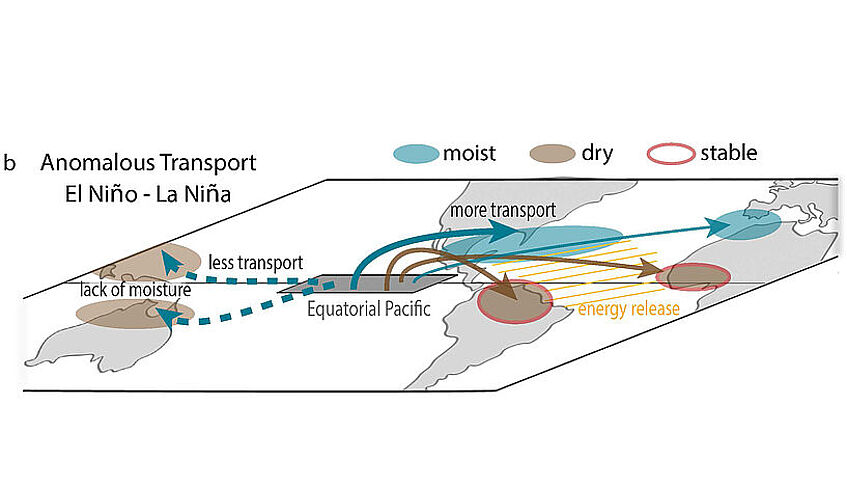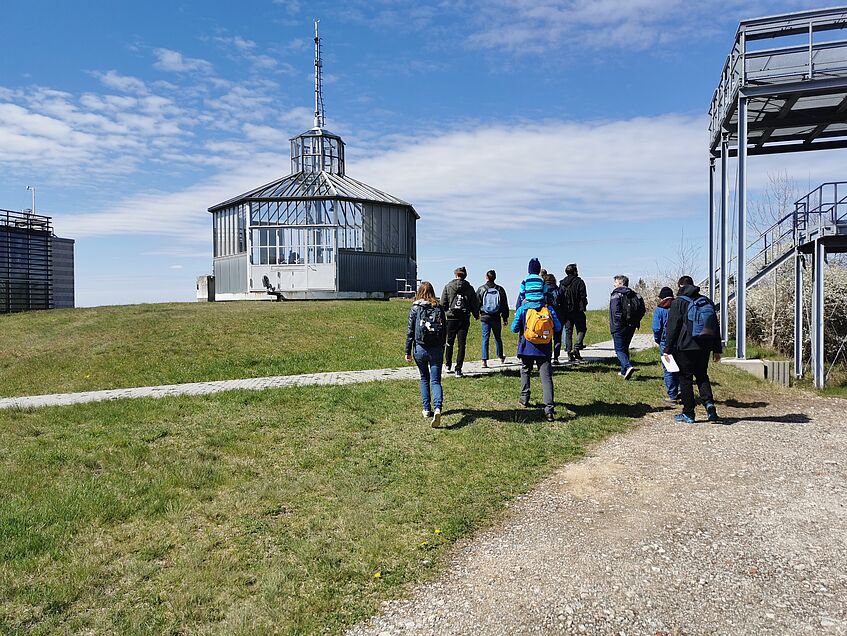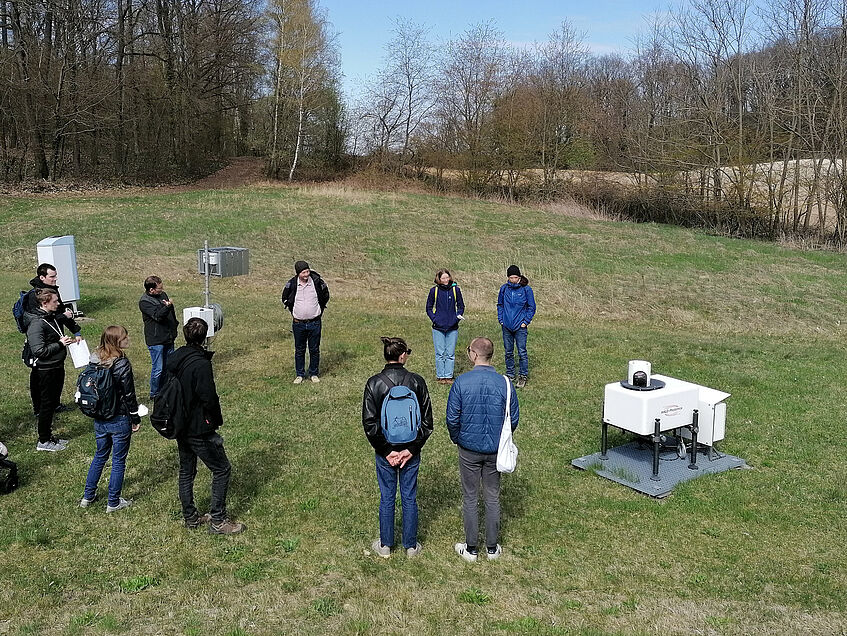Master Meteorology and Climate Science
| Duration | 4 Semesters |
|---|---|
| Extent | 120 ECTS |
| Language | English |
| Degree | Master of Science (MSc.) |
| Start of the Semester | March 3rd, 2025 |
| Registration Period |
The Master's programme in Meteorology and Climate Science at the University of Vienna appeals to Austrian and also international students with its new curriculum, which came into effect in 2022. The modern curriculum covers socially relevant topics such as climatology and climate dynamics as well as environmental meteorology and offers students the opportunity to specialise through an individual study path.
The study programme takes place at the Department of Meteorology and Geophysics at the University of Vienna. With more than 40 scientific staff members, the department is internationally well connected and conducts research in a wide range of fields, see also: Research at the department. Our aim is to provide our students with a set of skills that is highly competitive in an international context and that qualifies them for the top jobs in meteorology and climate physics as well as in neighbouring disciplines in Austria, Europe and internationally.
Students have the opportunity to work with world-leading numerical climate, weather and transport models using state-of-the art high performance computing platforms such as the Vienna Scientific Cluster, which hosts the fastest scientific supercomputer in Austria.

Climate simulation with ICON. © Aiko Voigt

Transport processes in the atmosphere. © Katharina Baier
The many Highligts of the course include an excursion and a field trip as part of the Climate or Weather module and the Meteorological-Geophysical Colloquium. In recent years, the field trip has taken students to meteorological and climatological research sites in northern Germany and to measuring stations in the Alps. The colloquium includes weekly guest lectures by international experts who are visiting the department.
Studying at the University of Vienna means living in Vienna. For years, Vienna has been ranked as the most liveable city in the world. A wide range of cultural offerings, vibrant city life, affordable rents, extensive public transportation and good health care all contribute to making life in the city very interesting and enjoyable.

Excursion to the observatorium Lindenberg. © Lukas Jung

Excursion to Lindenberg. © Susanna Winkelbauer
Structure
The Master's programme consists of three parts: The Basics (Core), the Extensions and the Master's Thesis. The first semester provides a broader overview of meteorological topics, including those researched at the Department of Meteorology. In the following semesters, students have the opportunity to expand their knowledge and skills in at least two of the following topics:
- Weather
- Climate
- Environment and
- Computational Meteorology
and find a topic for their masters thesis, which is written in the fourth semester.
Admission and Fees
Admission to the Master's programme in Meteorology and Climate Science follows the guidelines described in the Master Access Guide. Students with a Bachelor's degree in Meteorology and Climate Science can enter the Master's programme without any prerequisites. It is also possible to enter the programme with a bachelor's degree in a related discipline, but students should be aware that a background in physics, mathematics and programming skills is required. Details can be found here.
For students from Austria or EU/EEA/CH the tuition fee is waived and only the ÖH fee (about 20 €) has to be paid per semester. This applies to the first six semesters of the master's program.
Students from third countries have to pay a tuition fee, information here.
Links
Current lectures in the course catalog.
The curriculum in german und english.
If you are interested or have any further questions, please contact the StudyServiceCenter or the Director of Studies.
